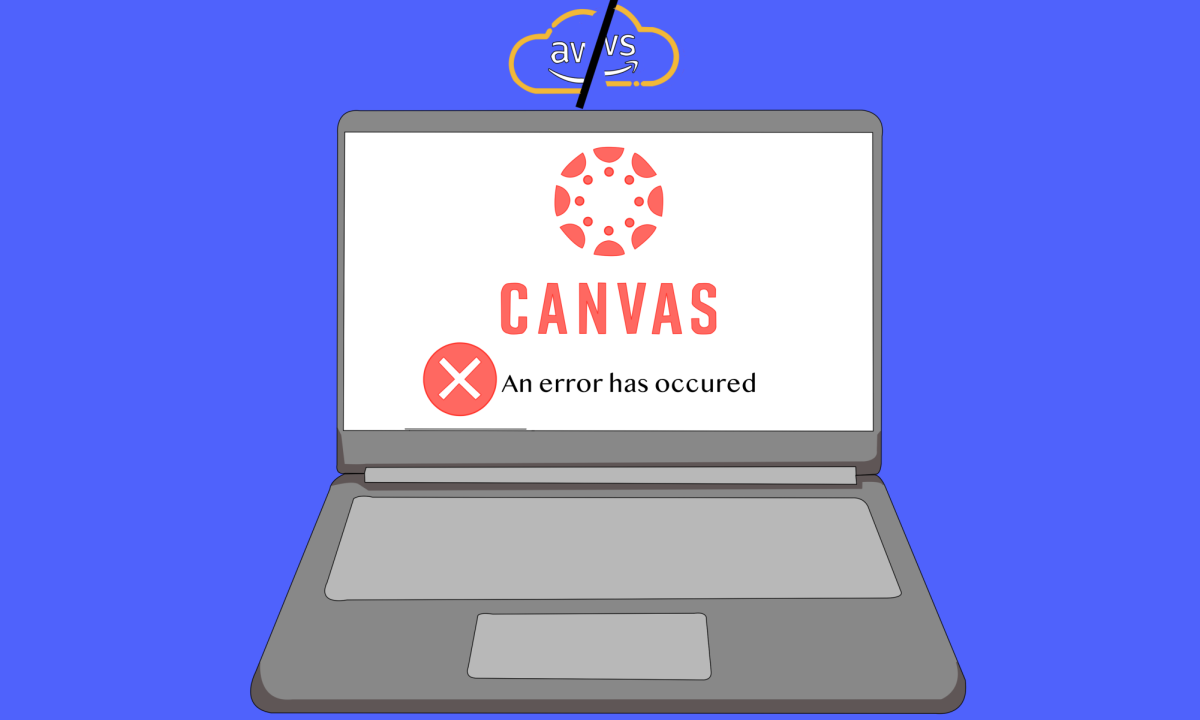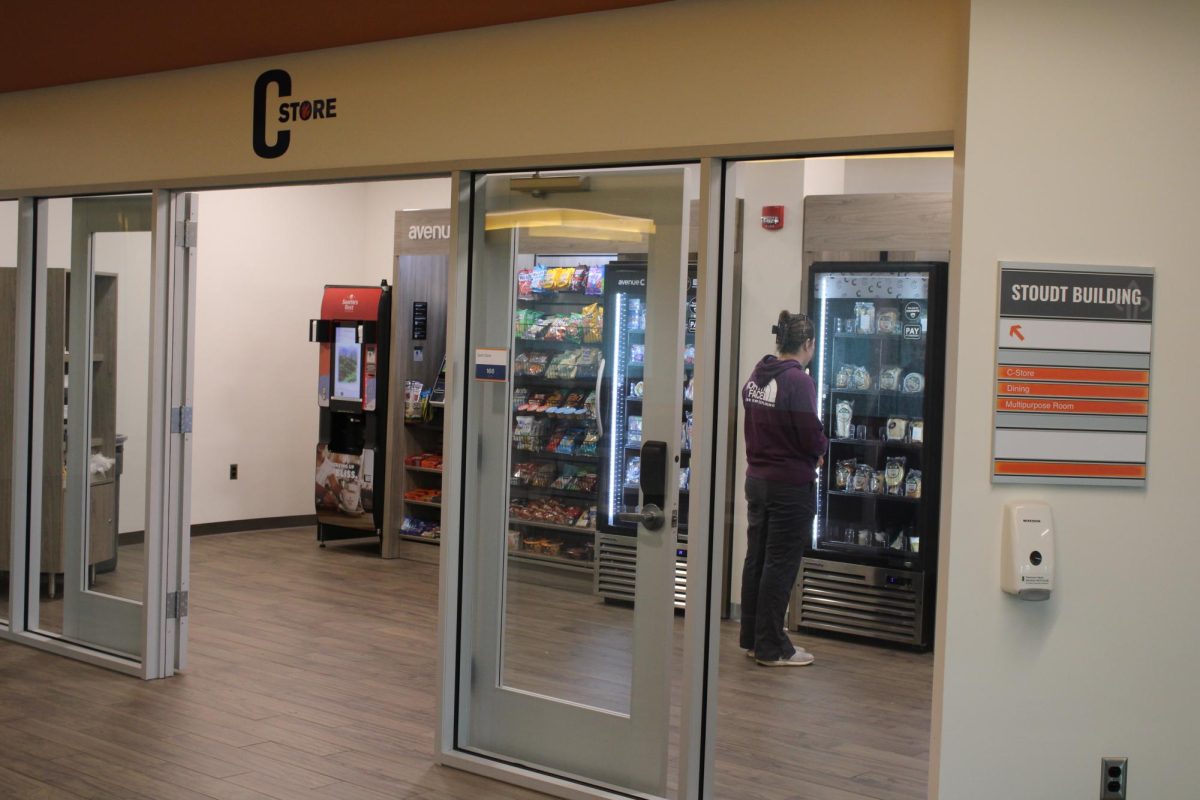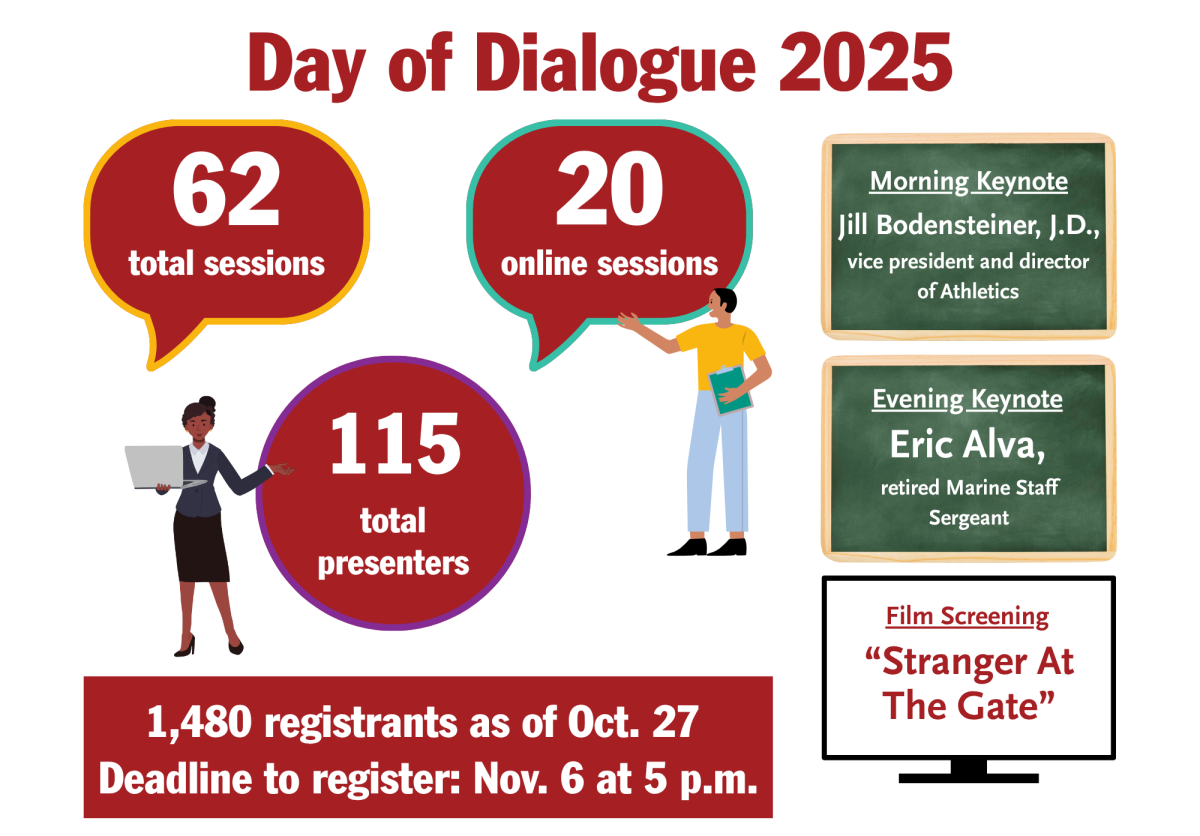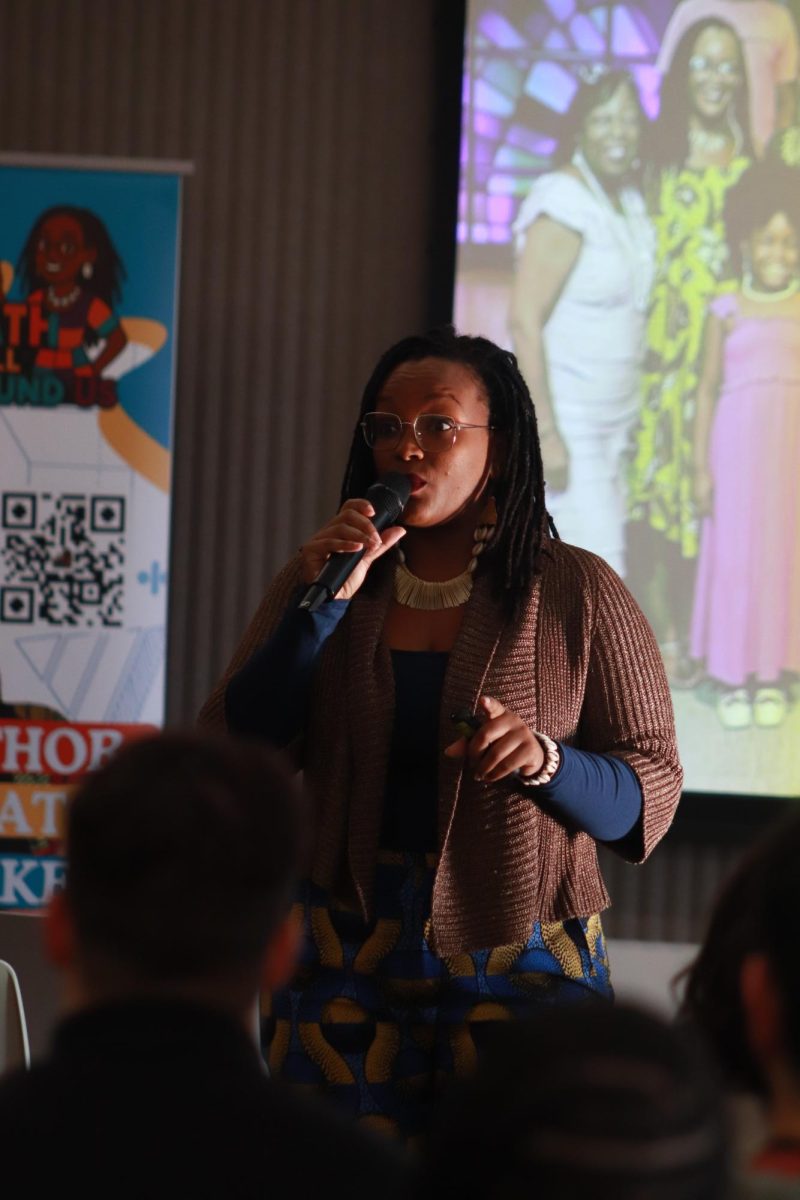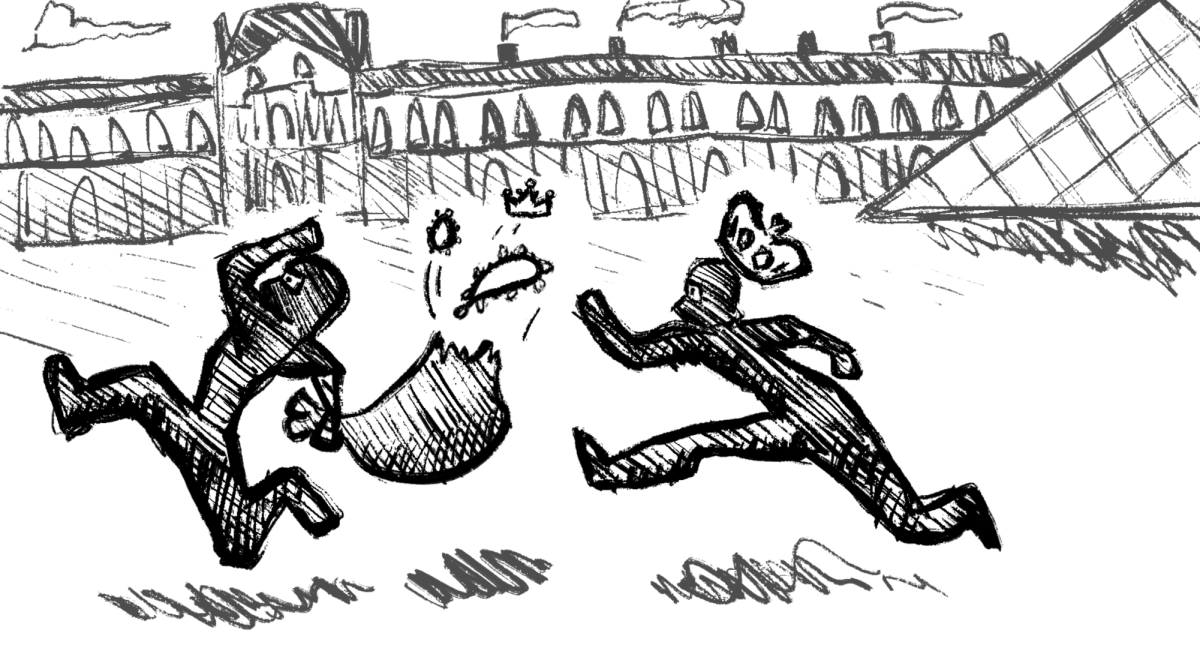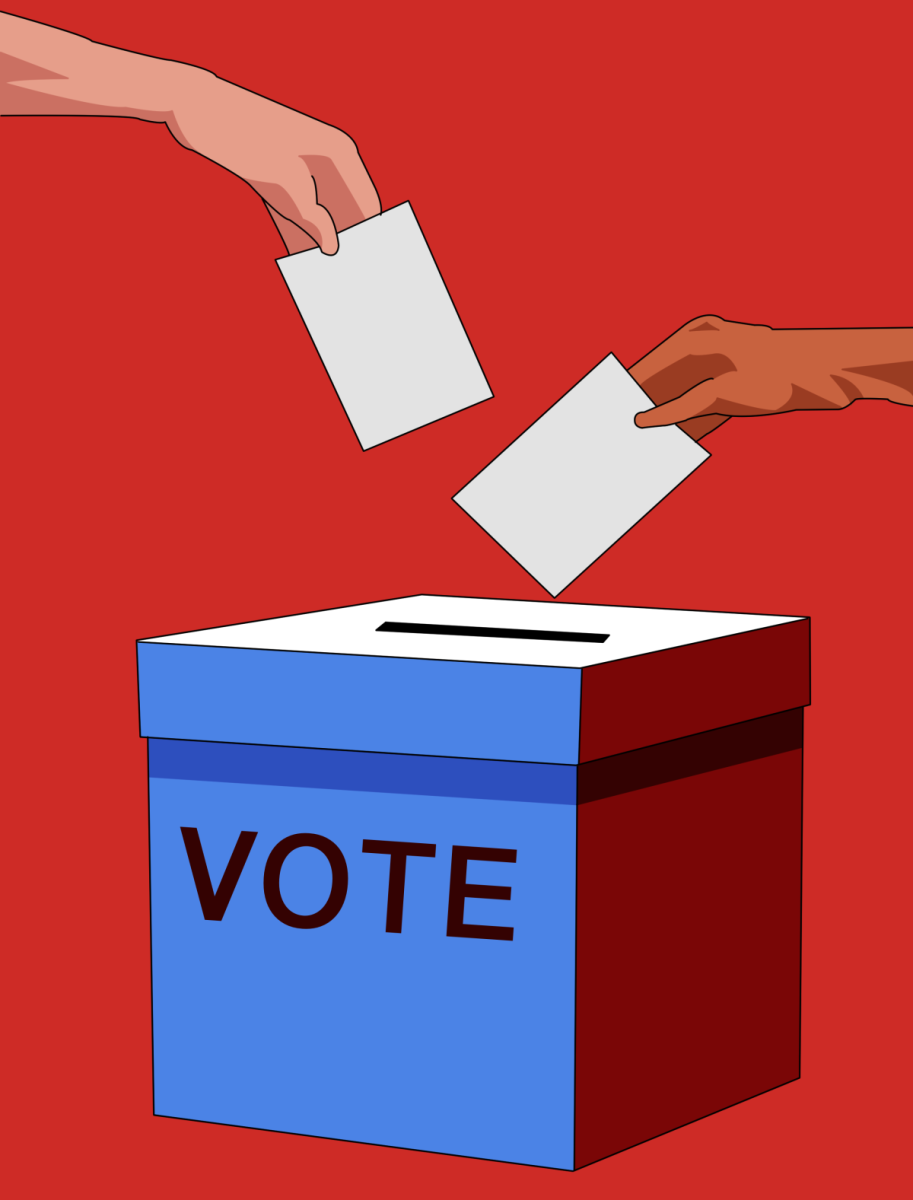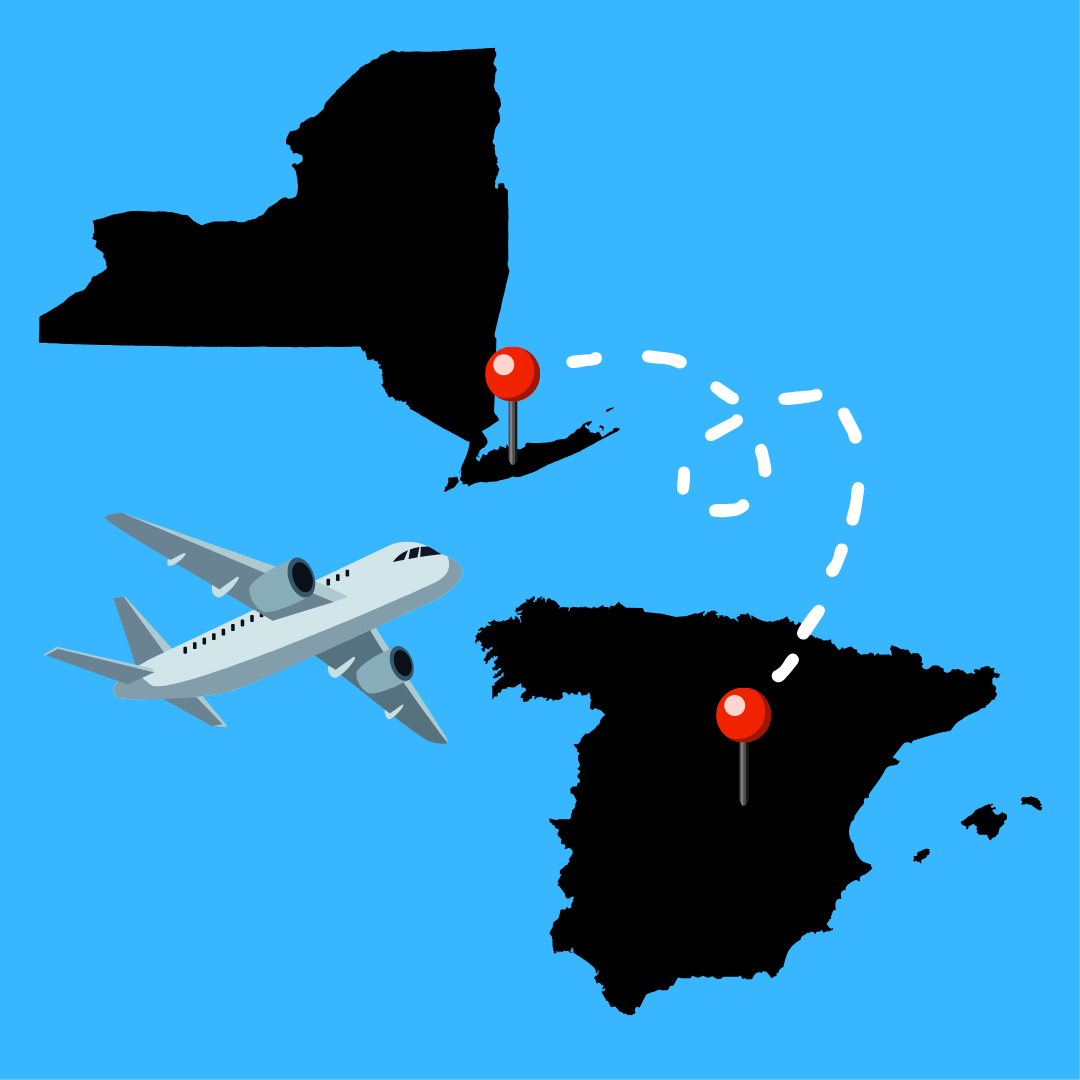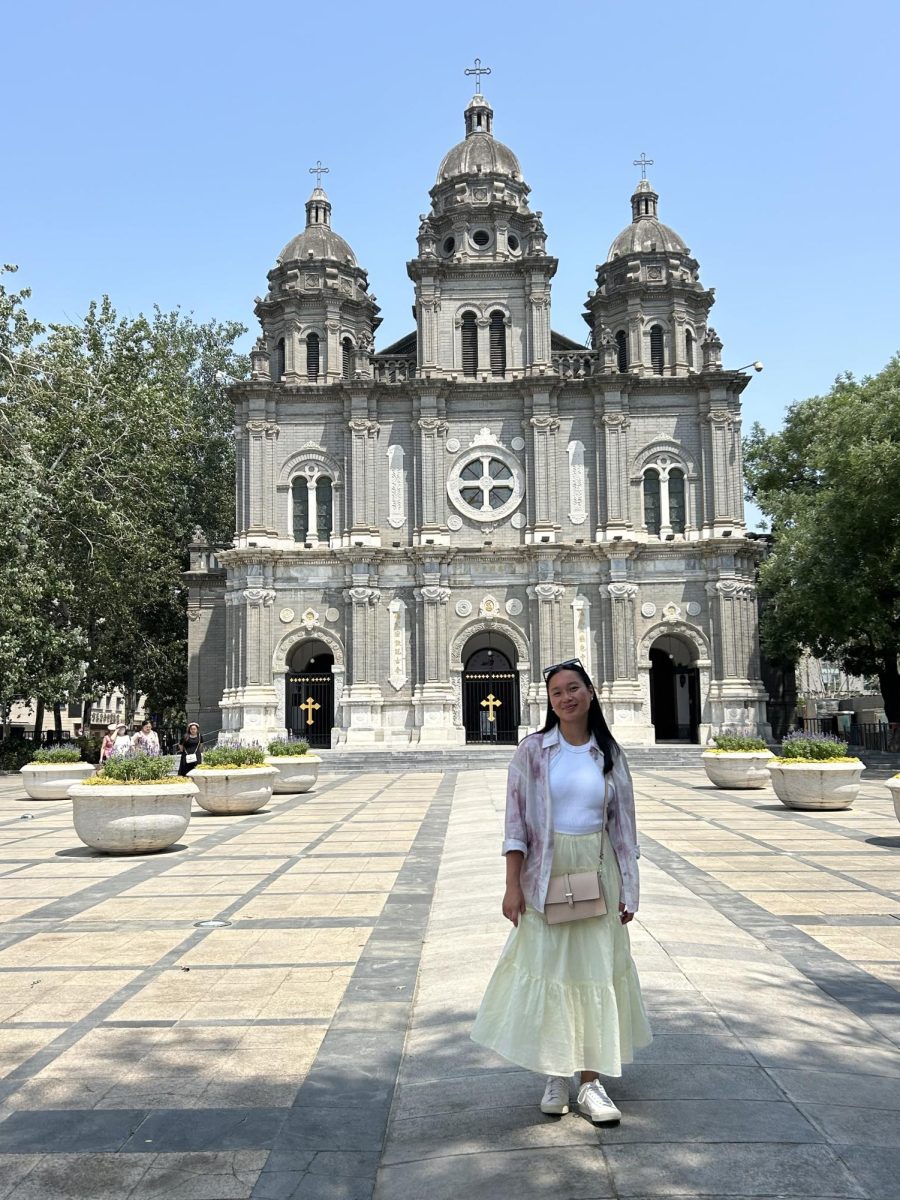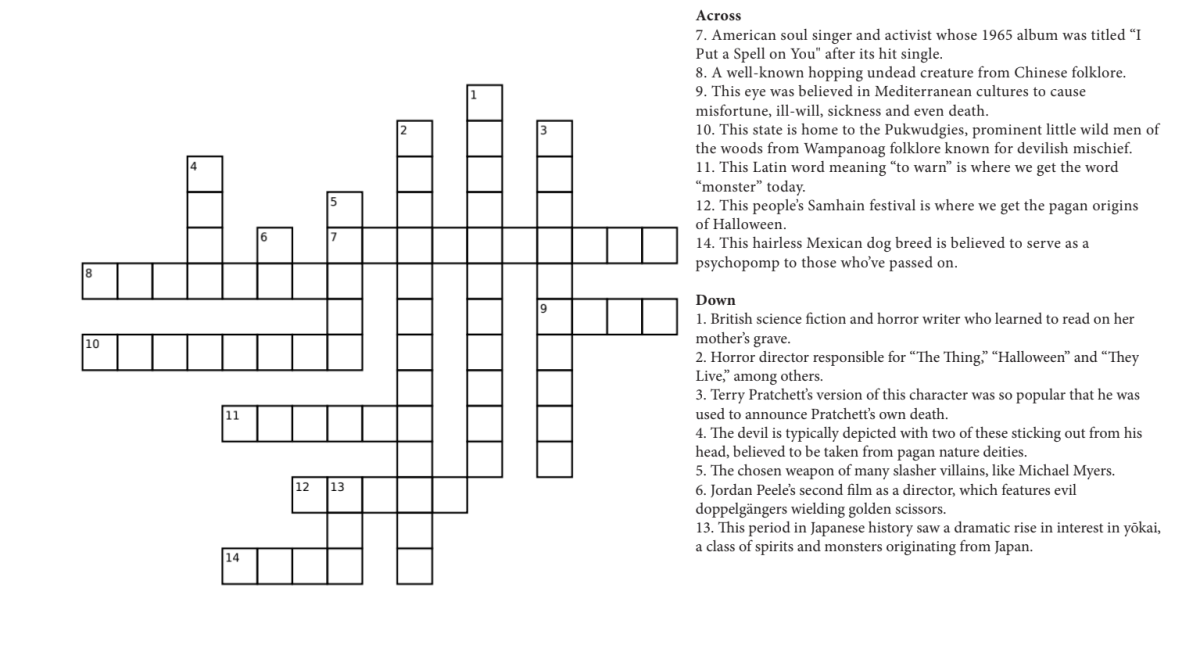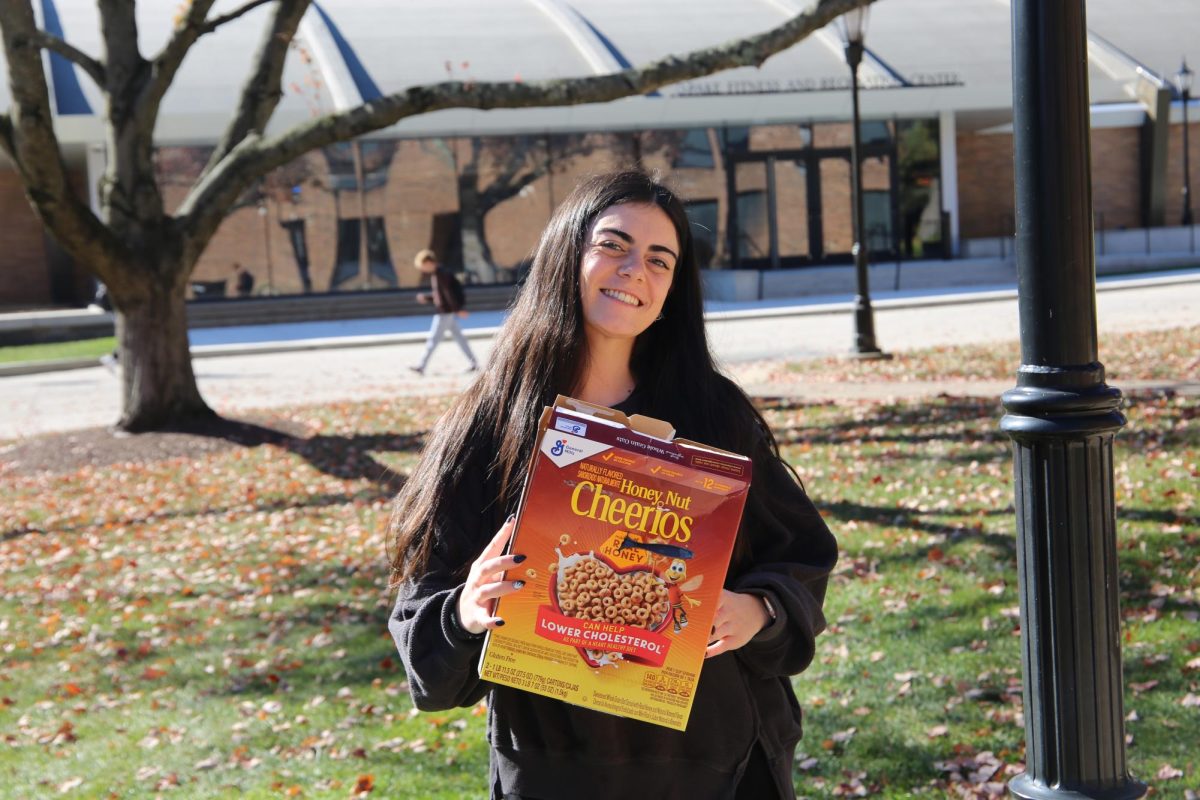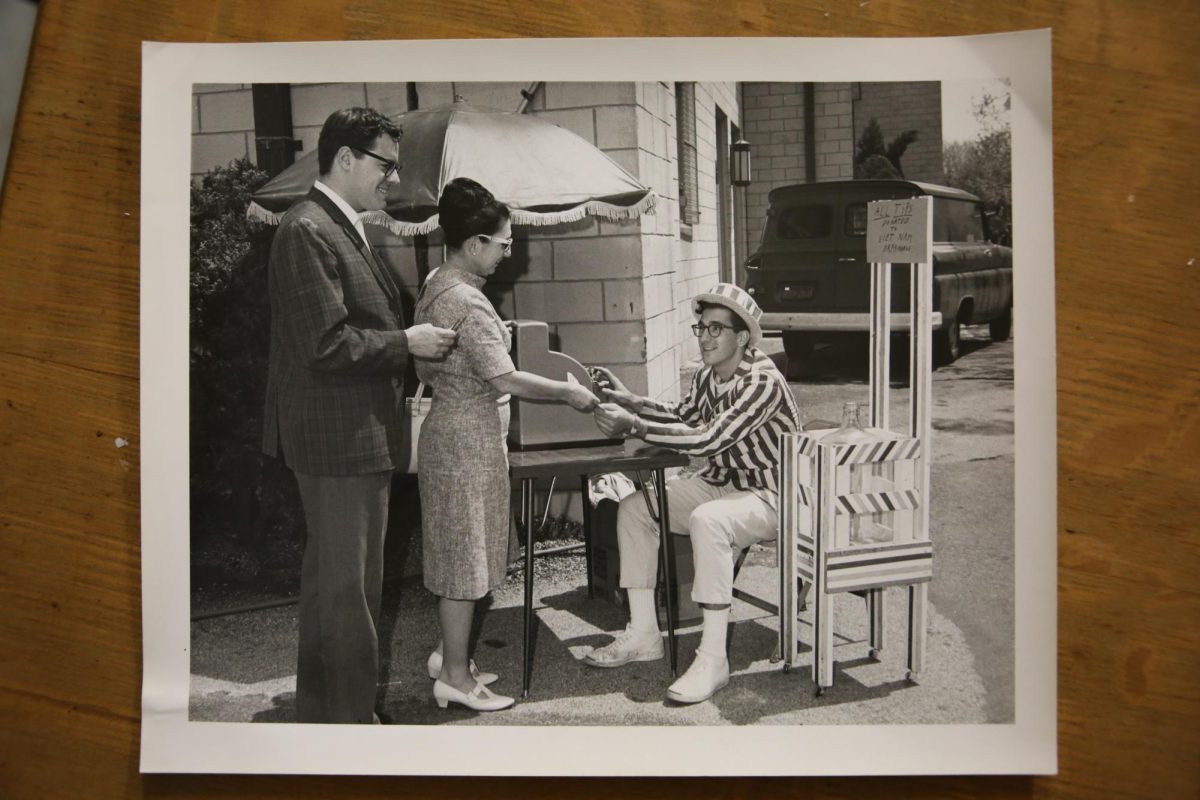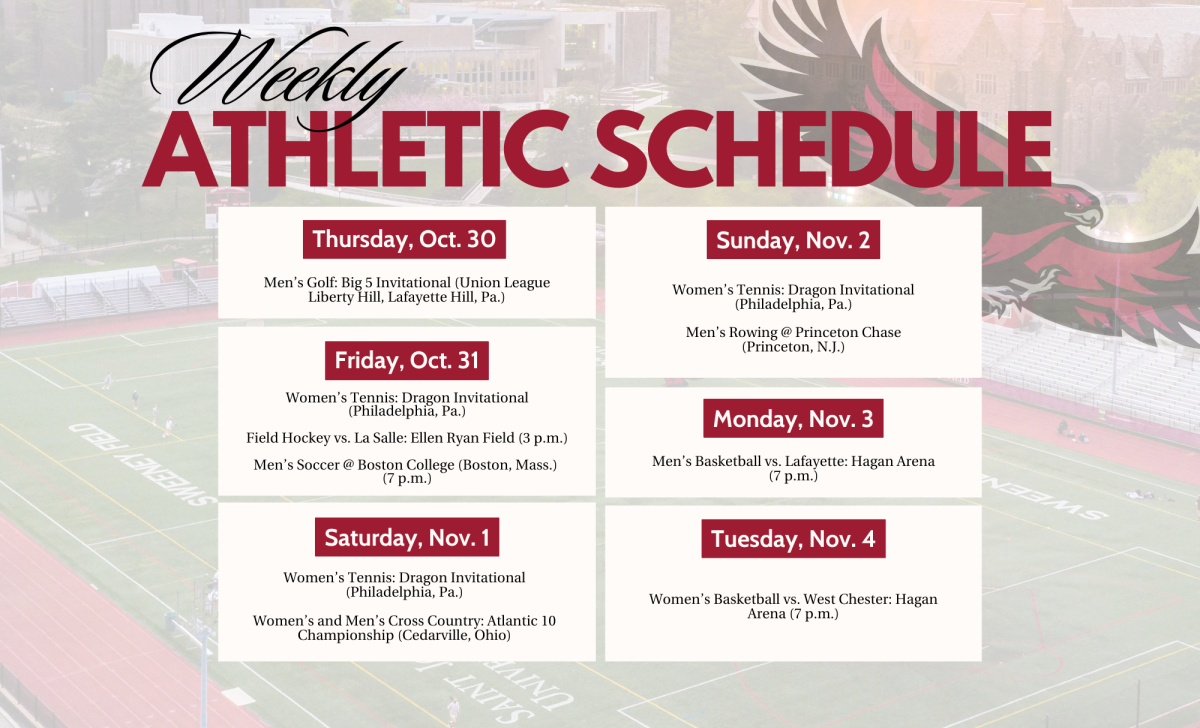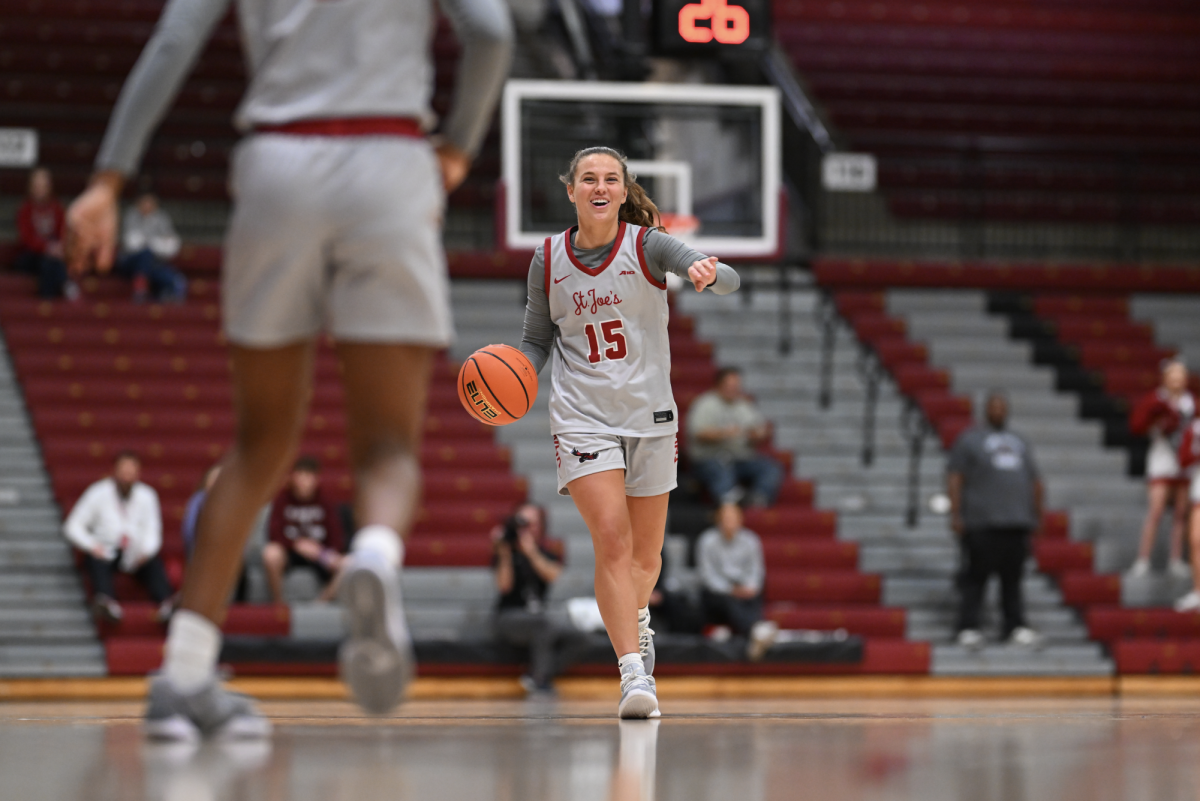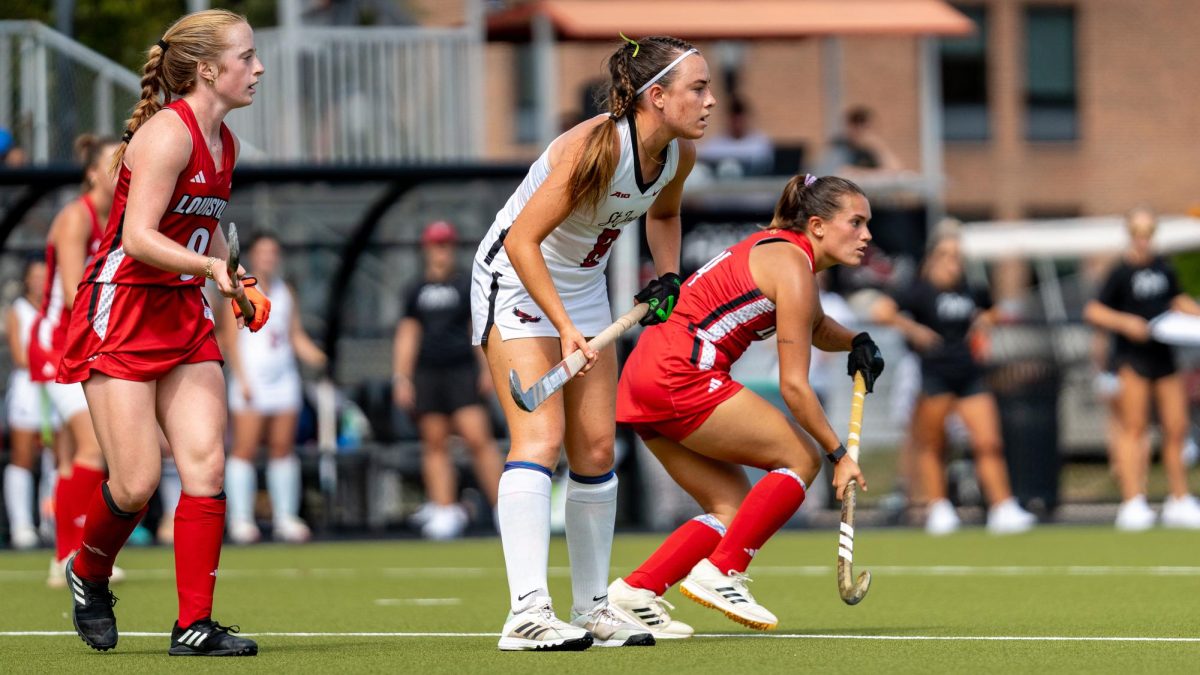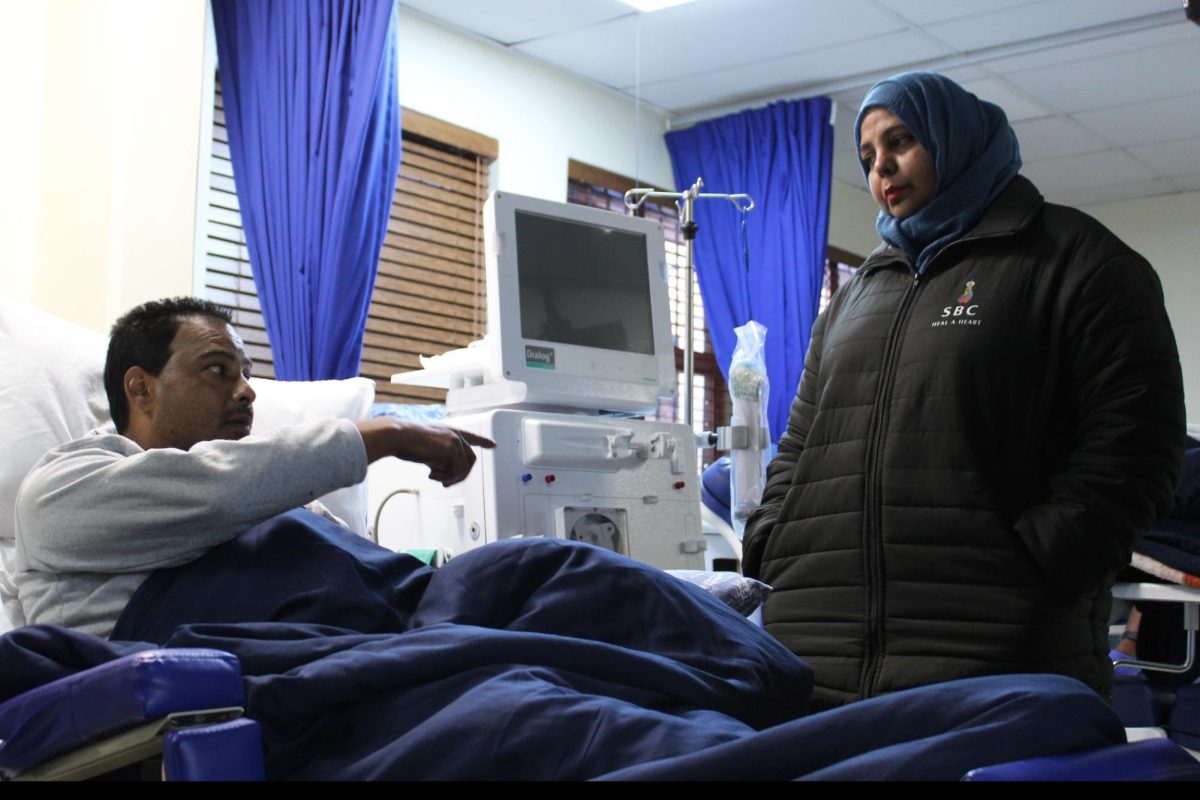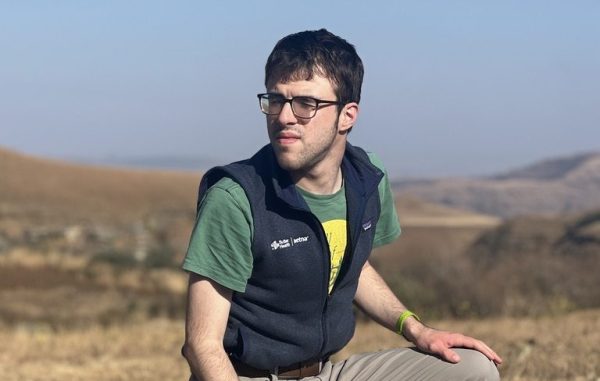Johannesburg, South Africa – For Johannesburg residents with chronic kidney disease, the Sultan Bahu Centre in the suburb of Mayfair is a place of hope, and necessity.
Founded nearly 40 years ago, the mission of the community-based nonprofit is to “heal a heart.” While the organization hosts a number of medical projects, dialysis is one of its primary focuses.
“It has been a vision always to serve and to heal, leaving a smile,” said Sheikh Sayed Ally Ismail Chopdat, Sultan Bahu Centre founder.
Several blocks from the Sultan Bahu Centre is a two-story brick building that houses Sabera’s Dialysis Clinic, which the Sultan Bahu Centre runs. Since its opening in 2004, the clinic has provided dialysis treatment to about 400 patients, approximately half of whom had kidneys that were failing or had already failed.
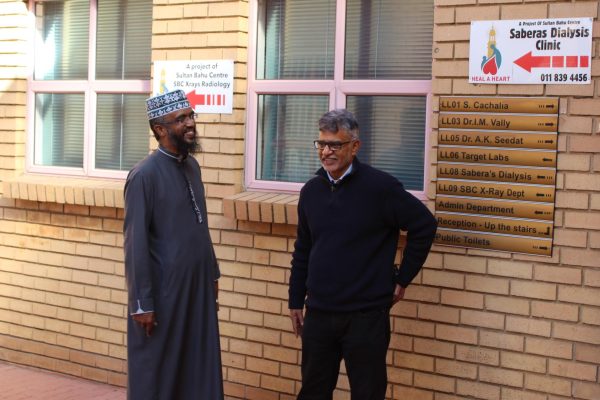
The clinic, named after Sheikh Chopdat’s wife, Sabera Chopdat, was established several years after Sabera Chopdat experienced renal failure and died in 1996.
“In those days, I am talking about 50 years ago, there was no dialysis like this,” Sheikh Chopdat said. “And I remember I used to carry her. She used to be in pain.”
In South Africa, the prevalence rate of chronic kidney disease (CKD) is about 8.7%, according to a 2023 study published in the National Library of Medicine. CKD is a long-term condition that damages the kidneys and does not allow for blood to filter properly. This causes excess fluid and waste buildup in the body, which can lead to other health conditions like heart disease, according to the Center for Disease Control (CDC).
The Sultan Bahu Centre serves South Africans with CKD who cannot afford or cannot wait for government-funded treatment.
“They saved my life,” said Ingrid Dhlamini, who has gone to the clinic three times a week for the last three years to treat her renal failure.
Public hospitals in South Africa have a significant backlog for dialysis treatments and dialysis at private facilities is expensive. Ahmed Akoob, a Sultan Bahu Centre representative, said these dialysis sessions can cost patients up to R25,000 (about $1,401) per month.
Comfort Dodzo, R.N., a nephrology nurse who has worked at the Sultan Bahu Centre for two years, described the intricacies of dialysis, which involves using an artificial kidney called a dialyzer to perform the function of a healthy kidney for the patient. This machine, which resembles a large plastic water bottle, works by “recycling” the patient’s blood back into their body after filtering the blood through a synthetic membrane.
Dodzo said many patients are on dialysis for long periods of time while waiting for kidney transplants.
“The lists are so long so you might wait for the kidney transplant for more than six years,” Dodzo said.
Akoob, who has been with the center since 1990, said the government has not adequately allocated resources to or prioritized public health. People with CKD are caught in that crisis, he said.
“Right now, if you go to the hospital and you’re diagnosed with kidney failure, chances are 2 in 10 will be treated,” Akoob estimated. “The rest will have to find their own way.”
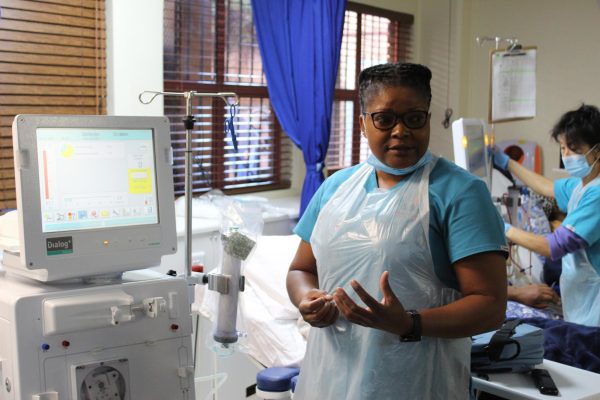
One patient, who asked to be identified as Mr. Martin, found his way to the clinic two years ago. He said the dialysis treatment he receives at the Sultan Bahu Centre allows him to continue working as an assistant manager at a pharmacy.
“When I walked in, I was scared because it was my first time,” Mr. Martin said. “I have to go through these things. I’m scared of these machines and things. I’m thinking, ‘What’s gonna happen with me?’”
Mr. Martin said his wife encouraged him just to take it day by day.
Muniera Hassan, Sultan Bahu Centre dialysis and cataract administrator, said she sees a great improvement in Mr. Martin’s health since he started receiving dialysis treatment at the center.
“Martin was highly stressed when I first met him and now he looks much more relaxed,” Hassan said. “We make it as comfortable as we can with patients, so we try to take off as much of their shoulders as possible.”
Hassan moved to Johannesburg from Durban in 2019 after she found out her husband was experiencing kidney problems. They were hoping for better healthcare options in Johannesburg. Her husband was later diagnosed with kidney cancer and died after contracting covid-19 in 2020. Hassan eventually landed a job at the Sultan Bahu Centre where she has found solace in serving others.
“It’s brought me to a place where I can interact with patients and make a difference in their lives,” said Hassan, who now also serves as head office administrator. “I may not have had the opportunity to help my husband, but I can help many patients.”

